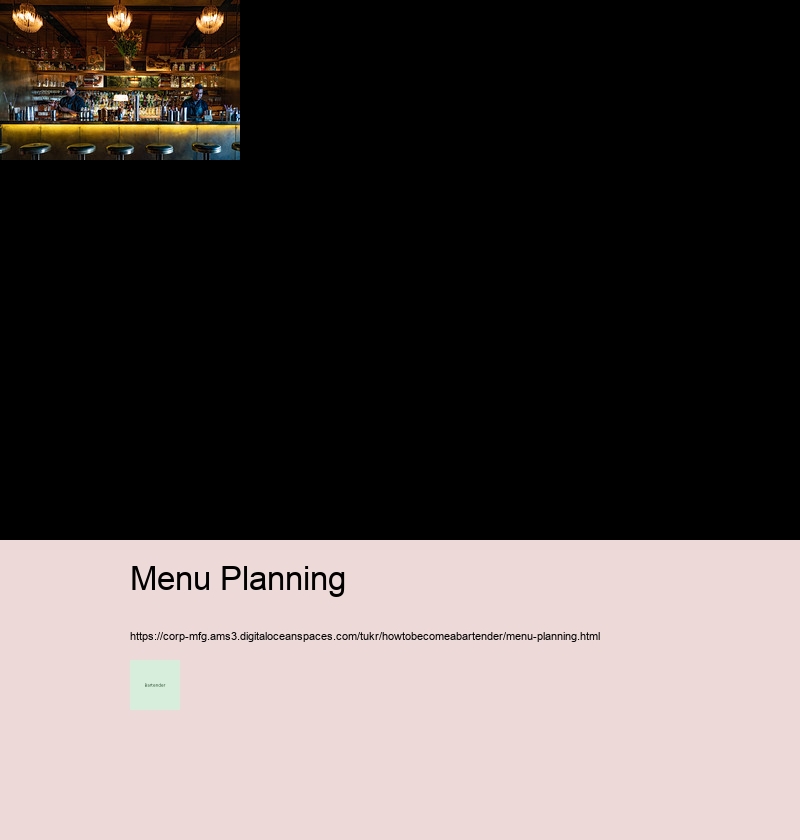Menu Planning
Definition of Qualifications
Intro to Menu Planning!
Menu planning is an important part of daily life. People who plan their meals tend to eat healthier, save money, and waste less food. It's a great way to make sure you have the ingredients for all your favorite recipes and create new ones too! Brush up on customer service skills to handle patrons and process tabs efficiently Mixology Basics cocktails. Familiarize yourself with point of sale systems and cash handling procedures how to become a bartender alcohol. (Transition phrase) However, it can be tricky to get started. Enroll in bartending classes to learn drink recipes, mixing techniques, and bar terminology Mixology Basics certifications. Prepare a polished resume highlighting any hospitality experience and training how to become a bartender bartender.
This introduction will teach you the basics of menu planning so that you can start creating delicious dishes with ease. First, you'll need to consider how many people are eating and what their dietary needs may be (e.g., vegetarians or those with allergies). Then, think about the time limit for shopping and cooking as well as any budget constraints you may have. Once you've considered these factors, it's time to consider nutrition!
Nutrition is key when menu planning - try to find dishes that contain whole foods and plenty of fresh vegetables and fruits. Look for lean proteins such as fish, chicken or tofu and complex carbohydrates like quinoa or sweet potatoes instead of processed foods high in sugar or sodium. Consider adding spices for flavor rather than relying on fats or salt; this will help keep meals healthy yet tasty! Furthermore, don't forget about hydration by incorporating water-rich foods into your meal plans such as cucumbers, celery, melons and apples. Wow!! (Interjection)
Finally, remember that menu planning doesn't have to be complicated - use simple recipes which require few ingredients and short preparation times whenever possible! Additionally, don't forget to plan leftovers so that you can enjoy them later in the week; this eliminates food waste while saving both time and money. With some basic knowledge of nutrition plus a little creativity when it comes to cooking up new dishes - voila! You're ready begin menu planning like a pro!







